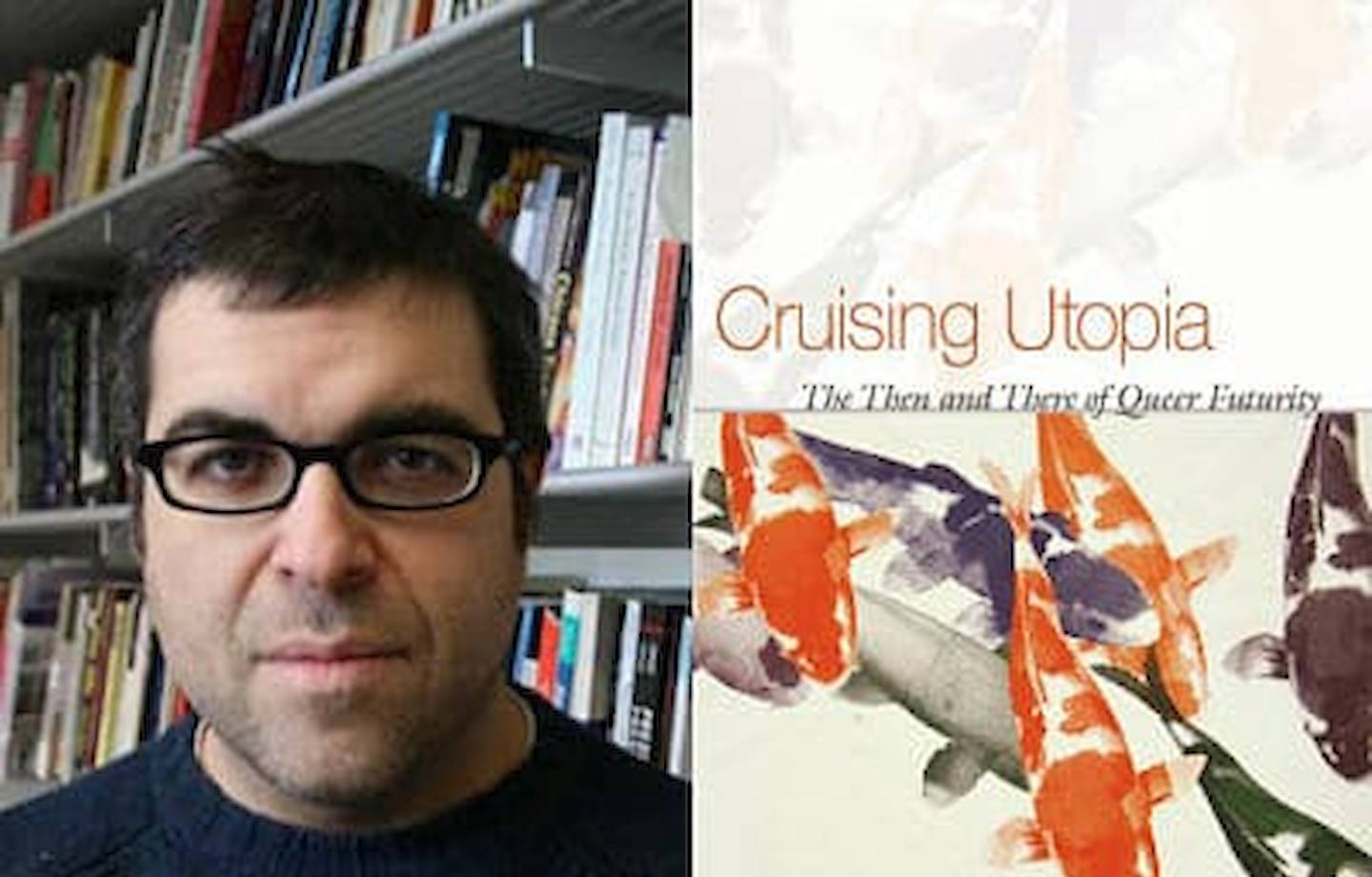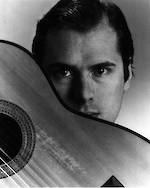Jose Esteban Muños and TE Hulme
I will take a sprint at a description of some shared space that I see emerging.
Anything that sounds like a staement should be rephrased as a quesion.
On Thursday, the day of the storm, I wrote:
"The present is just far far too vast to fathom. So I’m going to join the mad rush to convert it as quickly as possible into the past, fully digested, and tied up with a pretty bow."
This hit me in Barnes & Noble. I need help cracking the nut that is all those new publications.
Yesterday, a Sarah Lawrence student told me about their class with Daniel McCarthy, touching on the work of SLC alum Jose Esteban Munoz.
I began teaching at Sarah Lawrence in 1986 when Jose Esteban Munos was still a student there.
I have ordered his book --
On the first page he echoes my feeling from that day of the storm, when we lost power --
The here and now is a prison house.
opening sentences of Crusing Utopia --
Queerness is not yet here. Queerness is an ideality. We may never touch queerness, but we can feel it as the warm illumination of horizon, and with potentiality. We have never been queer, yet Queerness exists for us as an ideality that can be distilled from the past and used to imagine a future. The future is queerness’s domain. Queerness is a structuring and educated mode of desiring that allows us to see and feel beyond the quagmire of the present. The here and now is a prison house. We must drive, in the face of the hair, and now totalizing, rendering of reality, to think and feel then and there. Sam will say that all we have are the pleasures of this moment, but we must never settle for that minimal transport; we must dream and an act new, and better pleasures, otherwise of being in the world, and ultimately New World.
I might make one point right here and stop -- Queerness may first strike some as another addition to the messy, unfathomable present. We need peace and so we shut things out. Munoz, from his first paragraph, shows sympathy for our desire for a space that's free and clear, a place to unloose our imaginations. And he convinces us that Queeness is such a space. This pulls people together.
That's all. However, I can go down a rabbit hole.
The uncredited Amazon blurb includes this sentence:
"Drawing on the work of Ernst Bloch, Jose Esteban Munoz recalls the queer past for guidance in presaging its future."
The chapter headings of Ernst Bloch's *The Principle of Hope* make the connection (to me) to Munoz' point.
WE START OUT EMPTY
MUCH TASTES OF MORE
MORE MATURE WISHES AND THEIR IMAGES
WHAT IS LEFT TO WISH FOR IN OLD AGE
ANTICIPATORY CONSCIOUSNESS
THE LAYERS OF CATEGORY POSSIBILITY
Bloch's attitude, which Munoz tells us is kindred with his, is a very good example of what TE Hulme objected to, branding it romantic, and arguing for the classic orientation.
From Hulme's "A Tory Philosophy" --
The classical point of view I take to be this. Man is by his very nature, essentially limited and incapable of anything extraordinary. He is incapable of attaining, any kind of perfection, because either by nature, as a result of original sin, or the result of evolution, he encloses within him certain enemies. There is a war of instincts inside him, and it is part of his permanent characteristics that this must always be so.
We might think of "original sin" as that despicable manipulation of the church. It can be that, but Hulme means to mention it as another route to the war of instincts, to the divided self.
Hulme's position is Tory; it is aristocratic. Pound & Eliot approved. It influenced Robert Frost. It heads toward the Sitwells and William Walton. It takes us toward the dangerous traditionalism of Julius Evola and Rene Guenon.
It's not hard to see how imagism comes out of this aristocratic attitude. Hulme's classic perspective reminds us of Chinese landscape poetry, as Pound demonstrated in his cycle, Cathay.
Adopting the classic perspective brings an equal and opposite distaste for the romantic --
The romantic point of view does not propose that man is by nature bad, turned into something good by a certain order and discipline, but that, on the contrary, man is something rather wonderful, and that so far he has been prevented from exhibiting any wonderful qualities by these very restrictions of order and discipline that the classic praise. You get the most famous expression of it, of course, in Rousseau. I quote from one of his letters: ‘The fundamental principle of all morality is that man is a being naturally loving Justice. In *Emile* I have endeavored to show how vice and error, foreign to the natural constitution of man, have been introduced from outside, and have insensitively altered him.’ When one has this conception of the infinite possibilities of man thus imprisoned, one is carried on to the conception that anything that increases man’s freedom will be to his benefit. This attitude shows a certain impatience of tradition, for it thinks that tradition is only a hampering restriction which prevents the greater possibilities of man appearing.
Frank Brickle got me onto Hulme --
Hesse echoes Hulme --
I do not believe that man will be “better” in the future; I do not believe that man is ever better or worse; he is always the same. But it certain times the demonic erupts into mankind, that only secretly, among criminals and psychopaths, but openly, and on a large scale; it takes on a political life and sweeps whole nations off their feet.
Here, Hesse reminds me of Thomas Mann's Reflections of an Unpolitical Man, which is as mystifiying to me as Hulme's Tory philosophy --
Today, I observe with amazement, for I have given up any real attempt to understand it, how the most childish, the most bestial political drives set themselves up as “philosophies,“ etc., and even a job the gestures of religion. The Marxist socialism is definitely more intelligent, these systems have one thing in common with it, namely, their belief that man can be turned into an almost exclusively political animal , which is not true. I believe that the convulsions of the present day world are largely the consequences of this fallacy.
Before WWI, Mann was an unpolitical man. I think he found Romaine Rolland's obsession with democracy offensive in various ways, or boring. Some of Hesse's remarks suggest he would have felt the same way. I found this curious, mystifying. I do not look to Munoz to give us a way to ignore social justice responibilities. I am excited to find him arguing in a manner similar to Mann & Hesse for a somewhat autonomous space.
Albert Salomon should be better known. In his writings and in his choice of subjects (other writers) he shows a great undrstanding of this need for open space. Salomon's essay on Burckhardt seems very relevant here. Burckhardt positions himself outside of the Hulme's two outlooks. This becomes a yin yang --
"..the spiritual has a historical aspect under which it appears as change...and secondly, every event has a spiritual aspect by which it partakes of immortality."
Perhaps it is simply that people have ongoing creative projects from which anything and everything that distracts can seem like a threat to what's developing. Perhaps that is the common ground that Munoz is finding with Mann & Hulme. Oscar Wilde's wonderful take on the Shakespeare sonnets is not a social justice strategy, at least not directly.
Munoz --
Abstract utopias falter for Bloch because they are untethered from any historical consciousness. Concrete utopias are relational to historically situated struggles, a collectivity that is actualized or potential. In our everyday life abstract utopias are akin to banal optimism. (Recent calls for gay or queer optimism seem too close to elite homosexual evasion of politics.)
I am surprised and excited by these interesections. I must keep diving deeper into Munoz, and I'm left for the moment with a few pathways --
--I thank Munoz for standing with me outside the noise and haste of the present.
--I accept Munoz' proposition that Queerness falls within Bloch's dynamics of hope. We might ask if Hulme would see Munoz' vision as another case of pathological romanticism, but Munoz is careful to make a distinction between concrete and abstract utopias.
--Can we see the space beyond the din as a space where Hulme's classicism and Bloch's romanticism can coexist?
--Does the classical position as Hulme lays it out put too much stress on the divided self? I was once inordinatlely proud of my consciousness of those brain problems and my pride caused me to put too much emphasis on those problems.
--I cannot ignore the psychodynamics of immanence, of emergent phenomena as such possibilities irrupt out of our imaginations. The realities of our divided self do not preclude the exercise of our imaginations. Music models emergent pyschic phenomena: Brahms op. 88 -- the E#s appear in increasingly longer durations on the way toward a musical crux. Discussed HERE
///////////////

